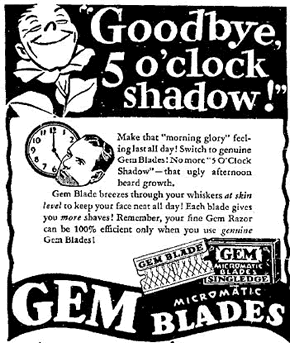1. verb
2. auxiliary/helping verb
3. past participle.
1. HAS & HAD as VERBS
As a verb, has is the 3rd person singular, affirmative conjugation in the present tense:I have a German Shepard.
You have a cool pair of boots.
She has wonderful friends.
He has a brand new car.
It has a great view.
We have two tickets.
They have the same job.
As a verb, had is conjugated in all voices in the past tense:
I had a great time.
You had the same teacher.
She had a job as a researcher.
He had a difficult time finding the address.
It had three bedrooms.
We had a wonderful Christmas.
They had fun surfing at the beach.
Therefore, you can combine the present and past tenses in the same sentence as seen here:
She had a job as a researcher, but now she has a job teaching English.
2. HAS & HAD as AUXILIARY/HELPING VERBS
Has can function as an auxiliary verb in English in the third person present perfect tense. Remember the structure of the present perfect is as follows: SUBJECT + HAVE/HAS + PAST PARTICIPLE. Click here for more about the present perfect.I have visited them in Hawaii.
You have worked here for a long time.
He has lived in Lisbon for one year.
She has already tried the new récipe.
It has been a beautiful and warm day.
We have traveled to five countries together.
They have just heard the news.
Had also functions as an auxiliary verb in all voices of the past perfect tense. The grammatical structure is SUBJECT + HAD + PAST PARTICIPLE. Notice in the following examples how the past perfect takes place duirng the time before the past tense.
I had already learned Portuguese before I moved to Portugal.
You had gotten home before dinner was ready.
He had worked for 10 years at the same company before he changed jobs.
She had sold her artwork before she became famous.
It had been cloudy and rainy before the thunderstorm started.
We had lived in the United States for many years before the economy worsened.
They had already seen other movies by the same director.
Therefore you can combine the present and past perfect tenses to make a sentence using both has and had:
She has worked as a judge for a long time, but before she accepted the position as a judge, she had worked as a law professor for 10 years.
3. PAST PARTICIPLE
Finally, let's take a look at the verb have:INFINITIVE: to have
PAST TENSE: had
PAST PARTICIPLE: had
As you know the present perfect takes on a past partciple, so we can combine has and had as follows:
She has had a position at the law firm for ten years.
He has had a difficult time adjusting to the new city.
My dog has had a virus for a couple weeks.
